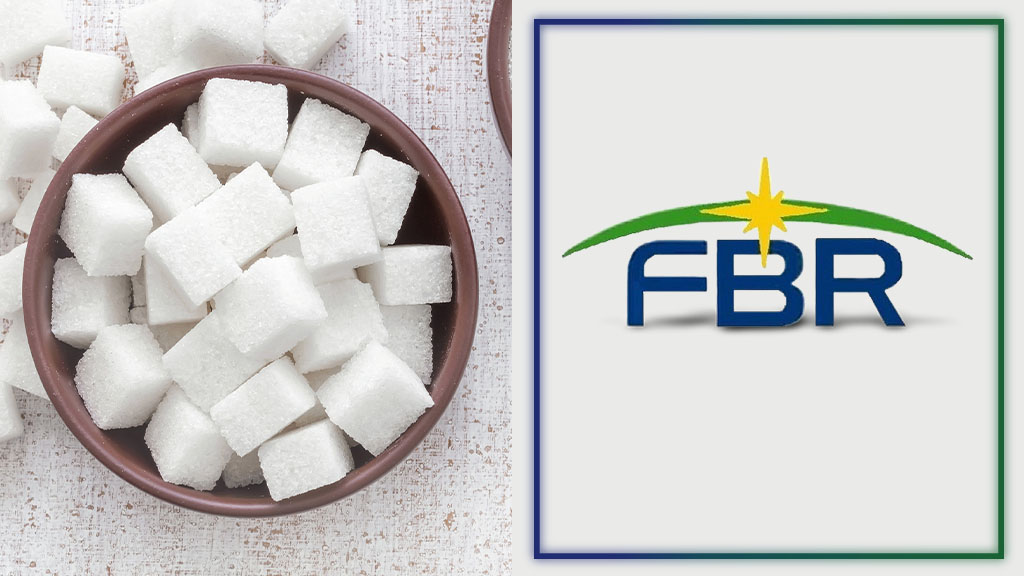
The Federal Board of Revenue (FBR) has taken a significant step to enhance transparency and efficiency in monitoring sugar mills’ production in Pakistan. After previous challenges with the track-and-trace system, the FBR has introduced a new video surveillance and digital monitoring solution. This initiative is aimed at ensuring better oversight and accountability across all operational sugar mills in the country.
Through a formal notification, S.R.O. 2082 (l)2024, the FBR has amended the Sales Tax Rules, 2006, to implement this advanced monitoring system. The decision reflects the government’s commitment to strengthening its regulatory framework for sugar production and addressing any loopholes that may hinder effective governance.
Under this initiative, digital eye solutions and integrated CCTV systems will be installed at all sugar mills. These surveillance systems will allow the FBR, its intelligence directorate, and respective field offices to monitor and record production activities directly from their offices. With 80 operational sugar mills in Pakistan, this system is expected to bring a transformative change in how sugar production is monitored and managed.

Sugar mills in Pakistan are not only a vital source of local sugar supply but also play a critical role in exporting products like molasses and ethanol. These exports contribute significantly to the country’s foreign exchange reserves. The enhanced monitoring system aims to ensure transparency in production and exports while curbing any malpractices.
Currently, several systems are in place to oversee sugar production. These include track-and-trace stamps, automated counters for counting sugar bags, digital eye solutions for video analytics, a tracking system for dispatch invoicing, and on-ground staff to supervise manufacturing and sales. Additionally, Federal Investigation Agency (FIA) and Intelligence Bureau (IB) teams monitor these processes to ensure compliance and fairness.
The new video surveillance system is designed to work seamlessly with these oversight mechanisms. FBR personnel will be stationed at each sugar mill to monitor operations, supported by frequent inspections from senior officers and random checks by the Inland Revenue Enforcement Network. To further ensure the system’s effectiveness, law enforcement agencies such as the Police and Pakistan Rangers will provide support whenever required.
This new approach is expected to revolutionize sugar production monitoring in Pakistan, enhancing transparency and accountability. By using advanced technology and robust enforcement measures, the FBR aims to eliminate discrepancies and boost the efficiency of the sugar industry, which remains a critical sector for Pakistan’s economy.
Read Also: Pakistan Grants License for Its Largest Nuclear Power Plant!


